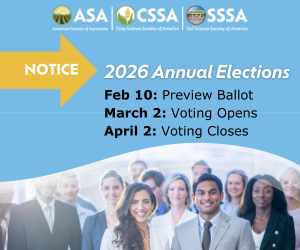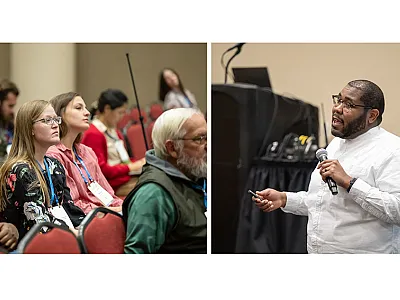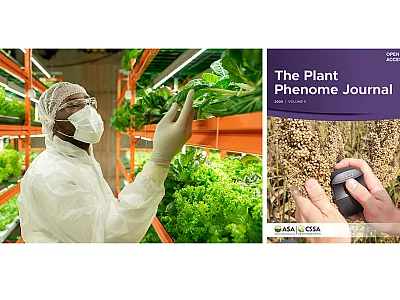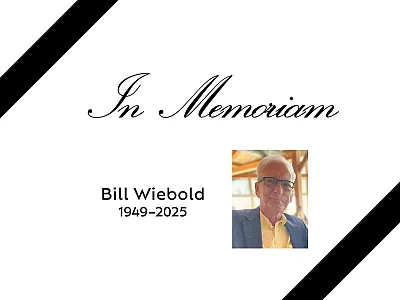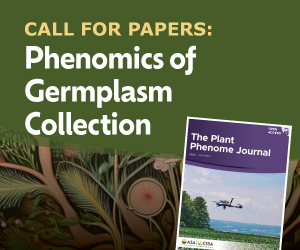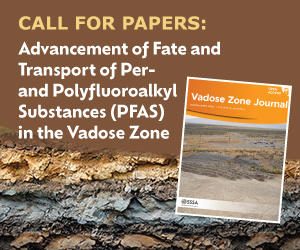A day in the life: Angélica Vázquez-Ortega
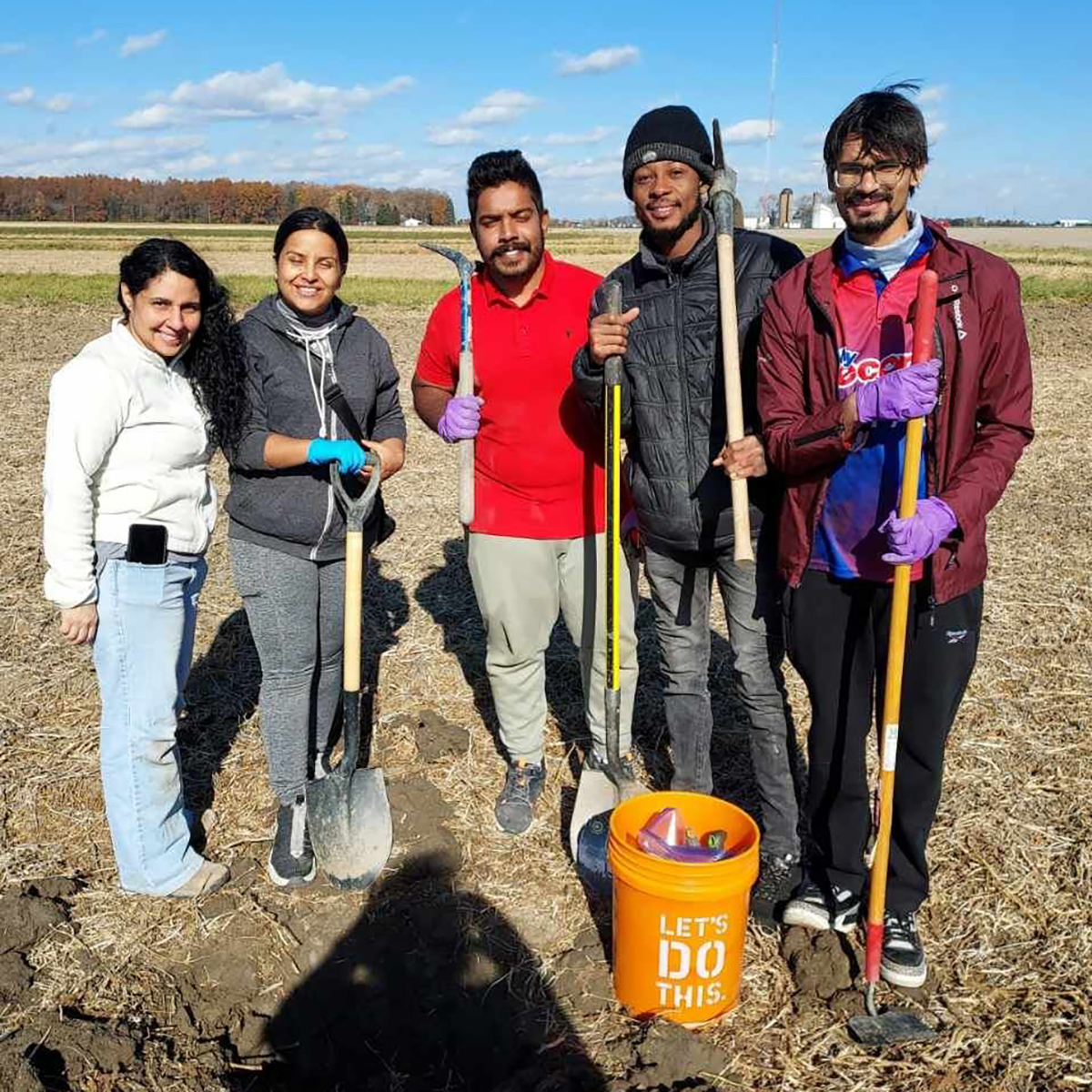
What can you do with a career in agronomy, crop, soil, and environmental science? In our series “A Day in the Life,” we’ll introduce you to some ASA, CSSA, and SSSA members doing cool things with our sciences. Today we meet Angélica Vázquez-Ortega, an associate professor of geochemistry at Bowling Green State University. Vázquez-Ortega focuses on understanding nutrient and carbon distribution in agricultural soils under various best management practices. She also studies the impacts of dredged material on soil health, crop yield, contaminant bioaccumulation, and nutrient runoff into waterways in the western Lake Erie Basin.
What can you do with a career in agronomy, crop, soil, and environmental science? In our series “A Day in the Life,” we’ll introduce you to some ASA, CSSA, and SSSA members doing cool things with our sciences. Today we meet Angélica Vázquez-Ortega, an associate professor of geochemistry at Bowling Green State University. Vázquez-Ortega focuses on understanding nutrient and carbon distribution in agricultural soils under various best management practices. She also studies the impacts of dredged material on soil health, crop yield, contaminant bioaccumulation, and nutrient runoff into waterways in the western Lake Erie Basin. “It’s really rewarding here in Ohio to work with farmers who are very dedicated,” Vázquez-Ortega says. “They want to do their best to make sure that their soils are healthy and that it’s balanced between keeping their yields but at the same time being stewards of the environment.”
This interview has been edited for length and clarity.
CSA News: If you're on an elevator with someone and they ask you what exactly you do, how do you sum it up in 30 seconds or less?
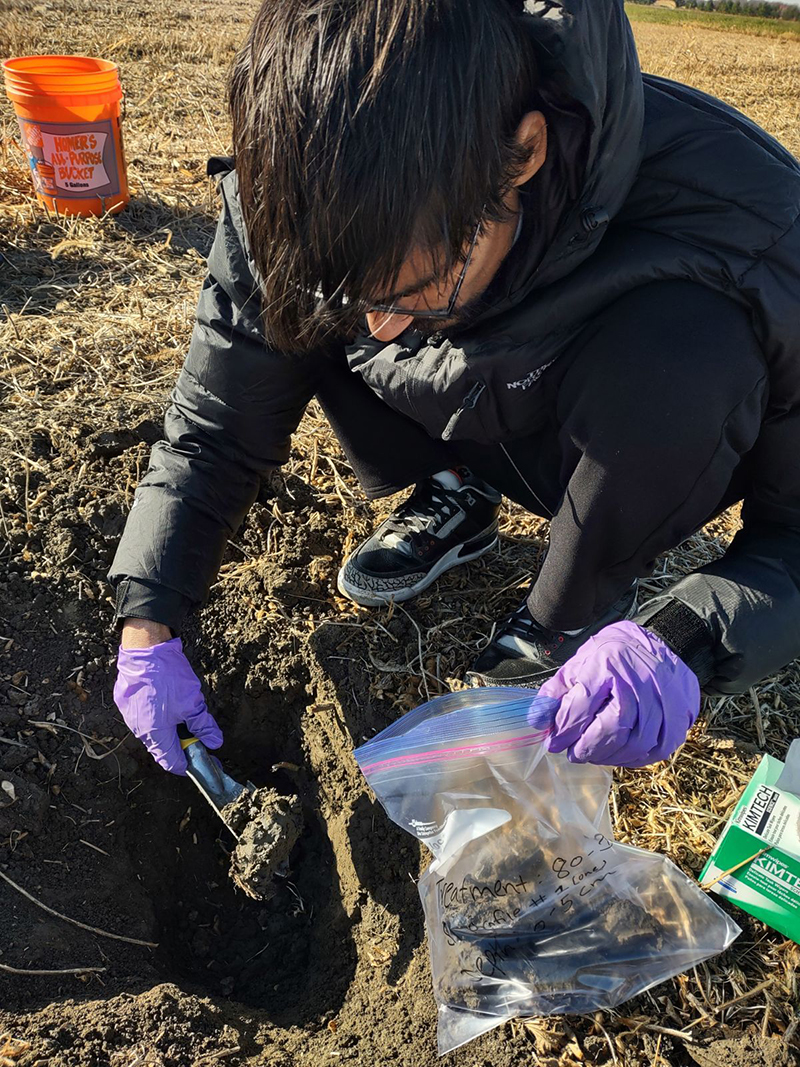
Angélica Vázquez-Ortega: I do both soil science and water quality. I work in Ohio, and a very important aspect in Ohio is Lake Erie’s contamination. Some of the contamination is coming from nutrients from the land, and I’m working with farmers to make sure they understand their soil health and to use just exactly the amount of nutrients that are needed.
CSA News: What made you want to become a soil scientist?
Vázquez-Ortega: I am from Puerto Rico, and my father is a farmer. However, it is a very different type of farming than in the States. Here, farmers have acres and acres and the slope of the terrain is very low, at least in the Corn Belt area. In Puerto Rico, my father lives in the mountains and it’s very steep. He is still tilling with animals. I always admired him taking care of the land, and I grew up eating everything that he was harvesting.
As I was doing my graduate studies, I became very interested in this from a geochemistry point of view. I collaborate with other professors who know more about the biological aspect while I do more the geochemistry aspect.
CSA News: What’s your work environment like?
Vázquez-Ortega: I have a combination of multiple facets. I teach environmental science classes to both undergraduate and graduate students. In addition to the teaching, I do research. A huge amount of my time goes to writing proposals, managing grants, hiring undergraduate or grad students, training them, and then going through the whole [research] process [with them]. And then the last portion is doing service to the university or the community. In the past I have done K-12 demonstrations, and I share my research with different agencies like the EPA and the soil and water conservation district. I do farmer field days where I showcase my research, and I think that’s very satisfying to share my research with the community.
I do farmer field days where I showcase my research, and I think that’s very satisfying to share my research with the community.
CSA News: What are some of those research projects your lab is working on right now?
Vázquez-Ortega: One very huge project that I have is the use of dredged sediments as organic amendments or farm soil amendments. Lake Erie and many navigational channels in the U.S. are dredged to make sure that boats can navigate properly. In Lake Erie, all of that material being dredged usually was put in a barge and then dumped in the center of the lake. When that happens, the nutrients in the sediments can be redistributed in the water column and that can damage the water quality. Lake Erie for the last decade has been experiencing harmful algae blooms every year.
Now there is a manmade facility where the dredged sediment is placed, but that facility will only be able to accommodate it for 10 years. So the idea is, let’s find a beneficial use of the material. I am using it two different ways. One is amendments to put it back in the soil. All of these sediments are topsoil that has been eroded, and it’s very enriched in nutrients and organic carbon. The other project is to use the dredged sediments to construct wetlands.
CSA News: What have you found are effects of the dredge?
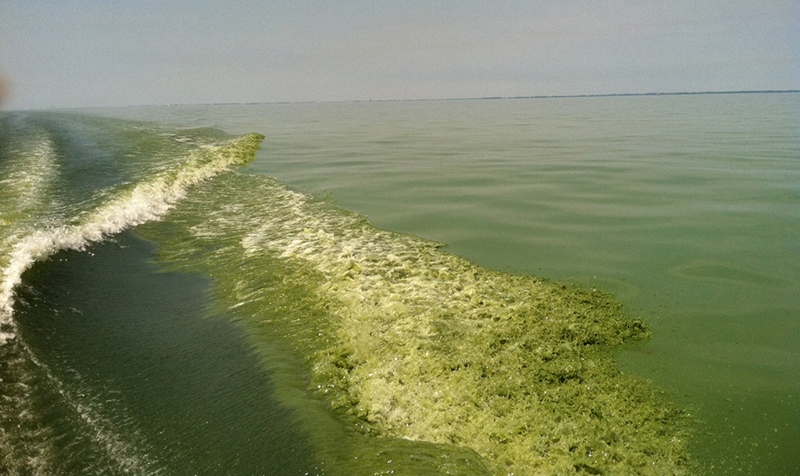
Vázquez-Ortega: For the wetland project, we just got a grant, so don’t have any results yet. For the farm soil, I have done greenhouse experiments with corn, soybean, lettuce, tomatoes, and carrots where I have mixed soil with different amounts of dredged sediments. The higher the amount of dredged sediments that I add, the higher the above ground biomass, the belowground biomass, and the yield of the crops. Now I am moving that into the field.
Many stakeholders are very worried about what’s in the dredged sediments. We’ve measured the heavy metal content and found it is similar to background agricultural soil. And so far in corn, there has been no preferential translocation of the metals into corn kernels, and therefore no health risk for human consumption.
CSA News: What do you enjoy doing outside of work?
Vázquez-Ortega: I love to go for walks in nature. I love to travel to Puerto Rico and enjoy the environment there. I also like to do road trips in the States, and now I’m finding a new passion for visiting other countries. I have plans to go to the Czech Republic for research and pleasure—I’m combining both.
CSA News: What advice would you give to an aspiring scientist?
Vázquez-Ortega: In your graduate studies, it’s very important to be asking scientific questions: not only learning theory but doing experiments and putting methods in practice. One thing that I do with all of my students in my laboratory, when we have a new project, we do a trial experiment. They make mistakes and realize it’s a process. It’s OK to make mistakes as long as you learn from them.
Text © . The authors. CC BY-NC-ND 4.0. Except where otherwise noted, images are subject to copyright. Any reuse without express permission from the copyright owner is prohibited.



